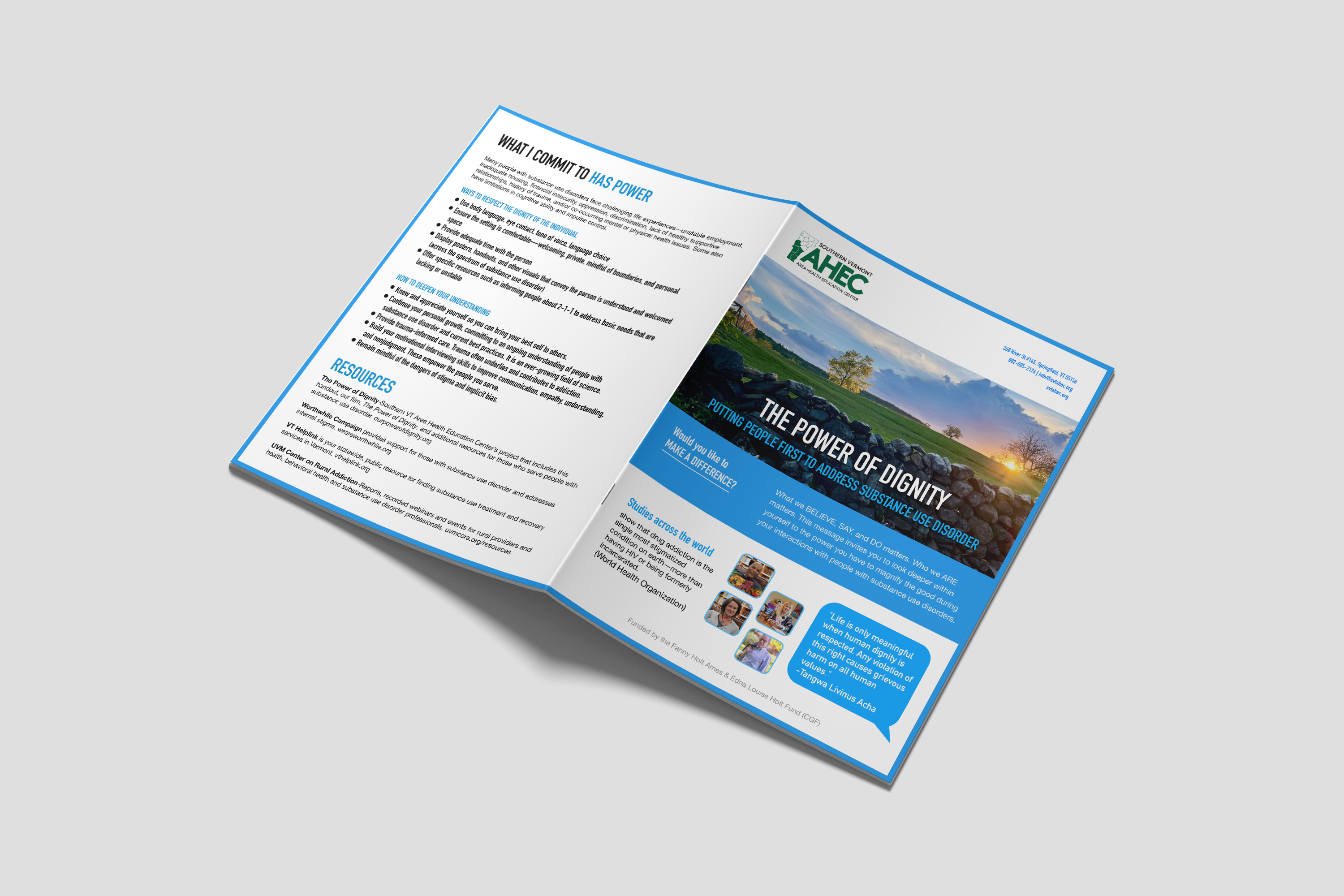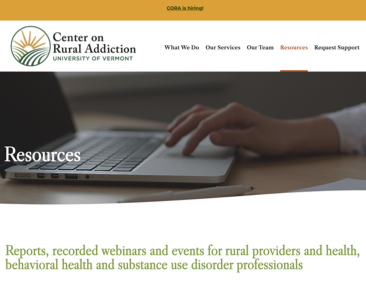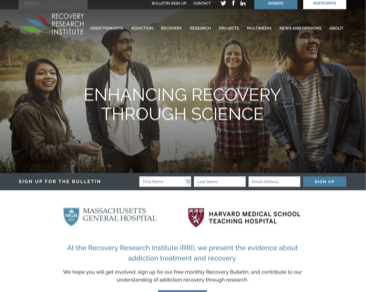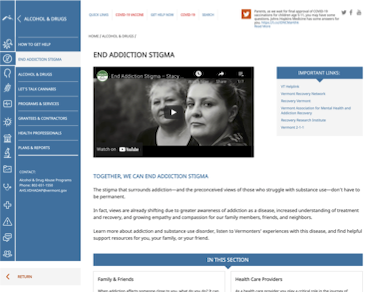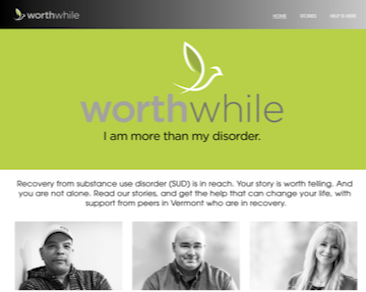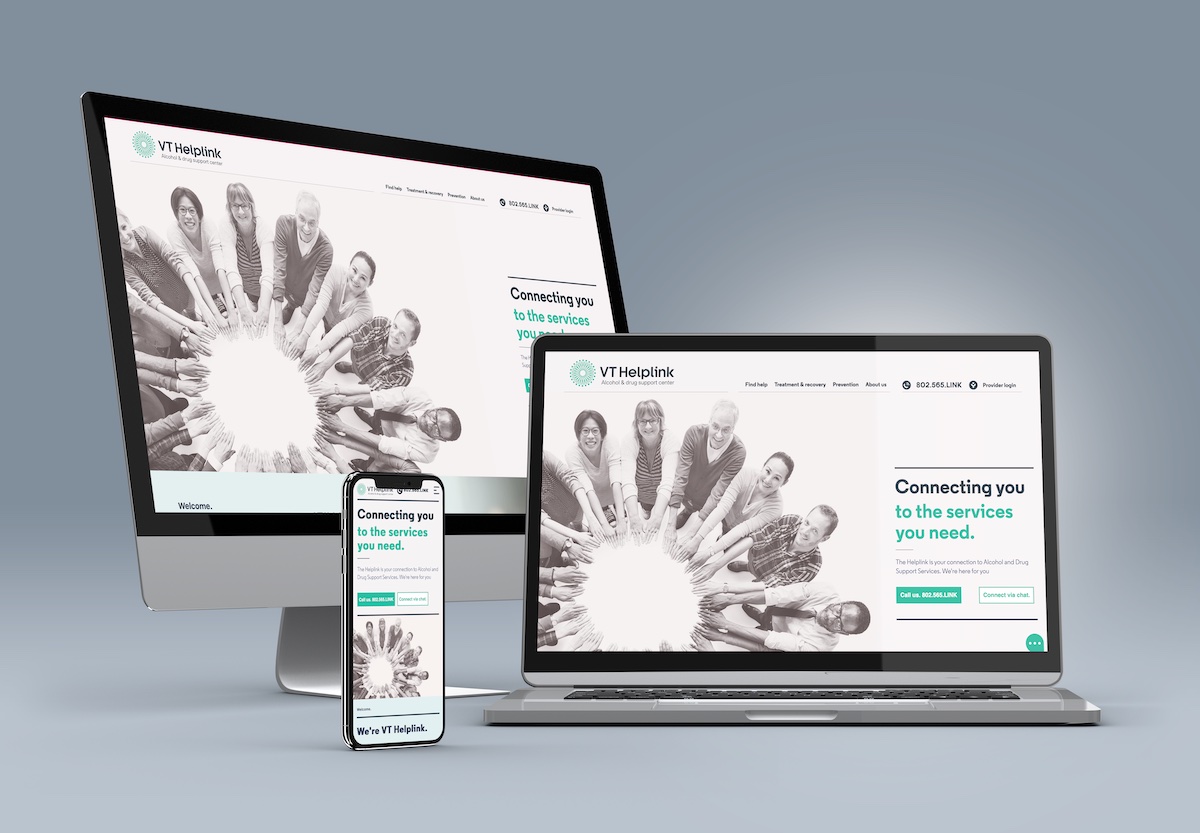Would you like to
MAKE A DIFFERENCE?
What we BELIEVE, SAY, and DO matters. Who we ARE matters. This message invites you to look deeper within yourself to the power you have to magnify the good during your interactions with people with substance use disorders.
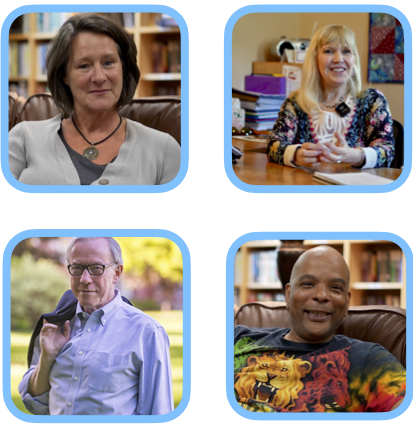
Studies Across the world
show that drug addiction is the single most stigmatized condition on earth—more than having HIV or being formerly incarcerated. (World Health Organization)
WHAT I BELIEVE HAS POWER
We all have implicit biases that run contrary to our conscious beliefs and values. We can say that we believe that addiction is not a choice or a weakness and truly believe it, but then may unknowingly behave in ways that are biased and discriminatory. This happens at both individual and institutional levels. Can we forgive ourselves for the past and hold ourselves accountable for the future?
Geoff Kane, MD, MPH
These brief comments on the power of belief are intended to help people regard all others, especially others who have issues with substance use and substance use disorders, some of whom their lives revolve around those substances, to get out of that painful cycle and regroup with people around them in a healthy way.
Human Nature v. Being Human
Bias, whether conscious or unconscious, is when human nature gets in the way of being human. We need to be careful of “othering” and ask ourselves: Can I learn to exist in a place of non-judgment? Can I appreciate human differences and similarities and at the same time not categorize those differences as bad or good?
WHAT I SAY HAS POWER
Words can affirm, empower and motivate. They can promote healing: For example, “your substance use disorder is a medical condition that is very likely to respond to treatments and supports that are available to you. This requires cooperation and effort on your part. You do not have to do this alone. I will help you with this. I believe in you.”
Ed Baker, MSW
In this video, Ed Baker discusses the importance of choosing language which conveys compassion and understanding toward people who use drugs. Concepts, ideas, reflections, and exercises designed to free our inner worlds of the subtleties of learned stigma are discussed.
The Power of Words
Resist using words and labels that may judge, dismiss, discourage, hurt, or harm, such as, “You are a drug abuser. You’ve chosen this life, and you choose to not stop abusing drugs. You’ve made your bed, now sleep in it.”
WHAT I DO HAS POWER
People with substance use disorder are sensitive to a person’s biases, communicated by the words, approach, knowledge, and actions one uses. They can sense whether you regard them as an individual or as a disorder. Biased beliefs will reduce the effectiveness of the care you provide. Ask yourself: Am I treating this person how I would want to be treated or have a loved one treated?
Ron Stankevich, MSW, MSA
This video presents a very general and brief introduction to trauma-informed care. More importantly, for the purpose of this discussion, a more dignified, personal, and respectful approach to interacting with individuals who may have sustained trauma throughout their life or at one point in your life.
The Power of Action
Anthony Martignetti gave us this wisdom: “The impact of our communication on another person depends not so much on what we say as how we say it. And not so much on how we say it as who we are at that moment.
Resources:
Supports/Services Access
VT Helplink is your statewide, public resource for finding substance use treatment and recovery services in Vermont.
Addiction Experts of Dignity Team Project
Ed Baker, ACSW
Presenter, producer and host of ARC (Addiction Recovery Channel). ARC guests provide accurate and current information related to substance use disorder with the purpose of eradicating stigma and encouraging compassion.
Read Ed’s article “Softly Spoken Advocacy,” on mindful language choice can be found here.
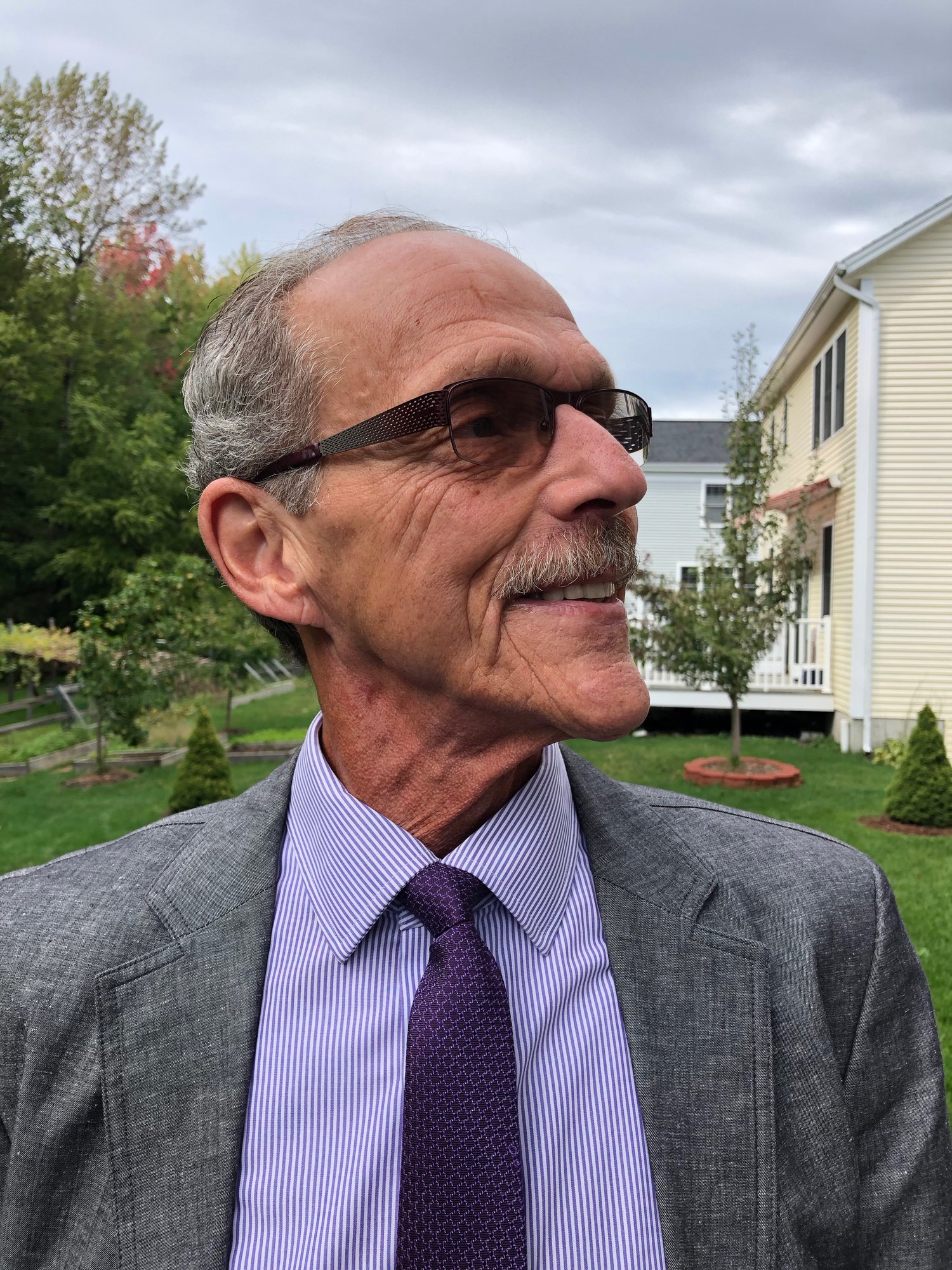
Geoff Kane, MD, MPH
Chief of Addiction Services at the Brattleboro Retreat, author, trainer, presenter.
Order Geoff’s workbook “The Two Pillars of Recovery® Workbook: What People with Addiction Need to Know and Do for Lasting Sobriety”. It can be found on Amazon.com.
Read his articles and watch his videos on his website.
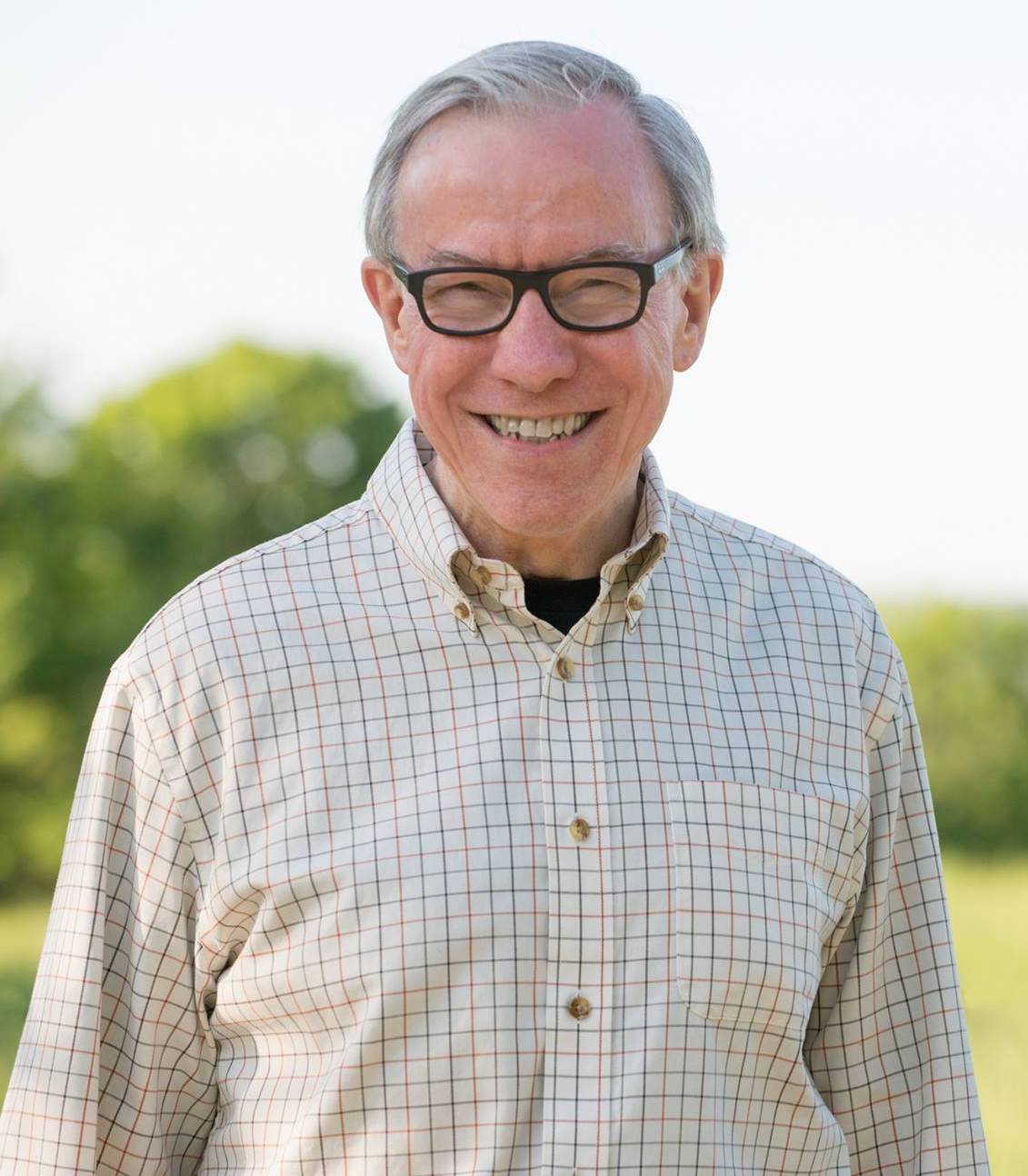
Daryl McGraw
Addictions Counselor, Recovery Support Specialist, and a Criminal Justice Professional
Daryl provides various presentations, training, and consultation. He provided training, support and consulting to the Dignity Team.
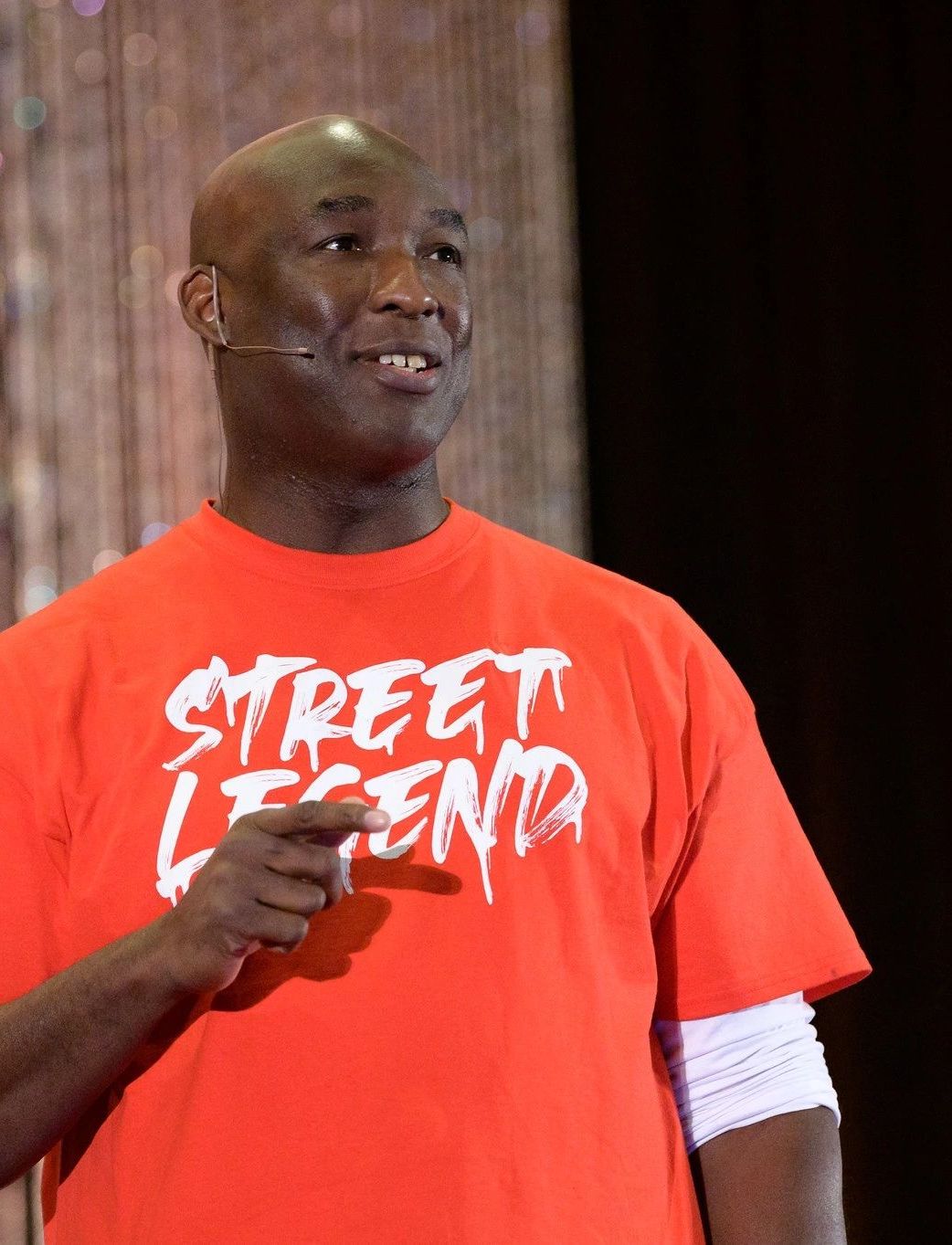
Hope Payson, LCSW, LADC and EMDR Consultant
Hope specializes in the treatment of addiction and trauma and offers CEU trainings including “Understanding and Addressing Multiple Roots of Addiction.”
Watch Hope’s documentary, “Uprooting Addiction: Healing from the Ground Up.” www.uprootingaddiction.com. Contact Susan White at swhite@svtahec.org to request to show in your organization or community.
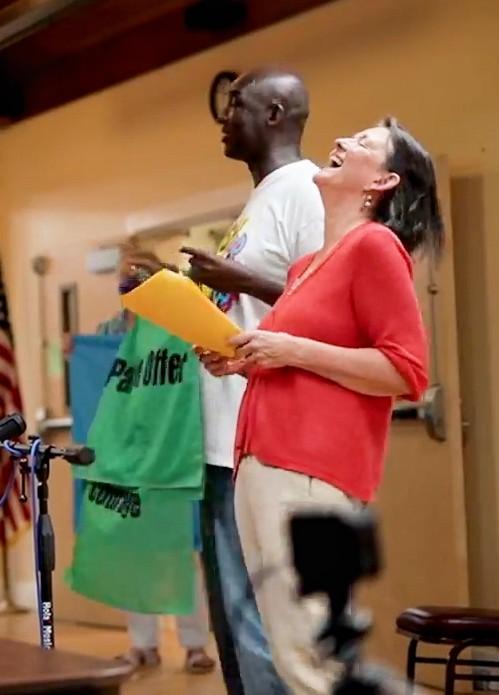
Would you like to
MAKE A DIFFERENCE?
What we BELIEVE, SAY, and DO matters. Who we ARE matters. This message invites you to look deeper within yourself to the power you have to magnify the good during your interactions with people with substance use disorders.

